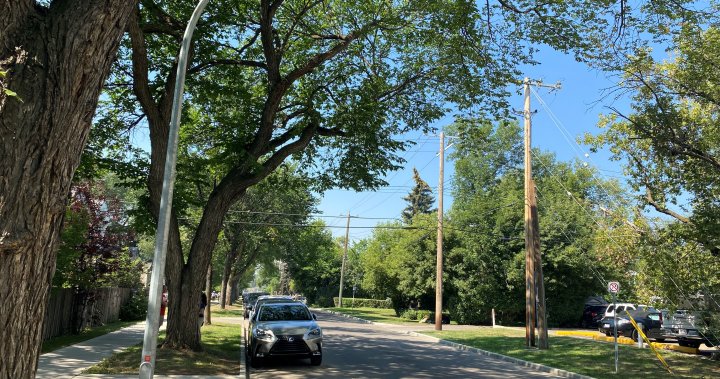Edmonton first major Canadian municipality to eliminate parking minimums
June 23, 2020
Edmonton City Council voted to remove minimum parking requirements from Edmonton’s Zoning Bylaw at today’s Public Hearing. Effective July 2, 2020, developers, homeowners and businesses will be able to decide how much on-site parking to provide on their properties based on their particular operations, activities or lifestyle.
“Parking is a powerful, but often hidden, force that shapes how our communities are designed and influences every aspect of how people live, work and move around,” said Kim Petrin, Development Services Branch Manager, City of Edmonton. “Eliminating parking minimums delivers significant long-term benefits for Edmonton. It removes economic barriers to new homes and businesses, and improves choice and flexibility in how businesses and homeowners meet their parking needs. It also supports more diverse transportation options and climate resilience, and moves us closer to achieving the vibrant, walkable and compact city we heard Edmontonians want through public engagement for ConnectEdmonton and the draft City Plan".
On-site parking is expensive, running anywhere from $7,000 to $60,000 per stall. This cost gets passed down in the rent or mortgage Edmontonians pay, goods bought and services used. Removing minimums is a practical, fiscally responsible move that creates the possibility for a less auto-centric future.
This high cost of on-site parking has also created significant economic barriers to affordable housing development and the ability for new businesses to open in Edmonton. Eliminating parking minimums paves the way for more diverse, affordable housing choices, and walkable main street shopping areas and local amenities, such as neighbourhood coffee shops, that Edmontonians have told the City they want.
Removing parking minimums allows for businesses and homeowners to determine their parking needs and ensure they are met, making this approach more likely to result in the “right amount” of parking.
While the change will be transformative, it will be gradual. The new rules will only come into effect as homes and businesses are slowly developed or redeveloped across the city in the decades ahead.
Edmonton has a long history of allocating a disproportionate amount of space to parking amenities. This has led to a greater than 50 per cent oversupply of on-site parking city-wide, which will not disappear overnight.
These new Zoning Bylaw rules also enable opportunities for businesses and homeowners to share parking or lease out space to nearby properties, allowing for more efficient use of Edmonton’s existing oversupply of on-site parking. Allowing developments to share parking can also help ease potential on-street parking pressure in situations where an area may be experiencing a high rate of redevelopment. The City will monitor the impacts of shared parking and report back to Council in early 2021.
Under the new rules, barrier-free (accessible) parking will continue to be provided at rates comparable to today and bicycle parking requirements have increased. Maximum parking requirements have been retained downtown, and expanded in Transit Oriented Development (TOD) and main street areas, and design requirements for both surface and underground parking facilities have also been enhanced.
For more information:
edmonton.ca/makingspace






